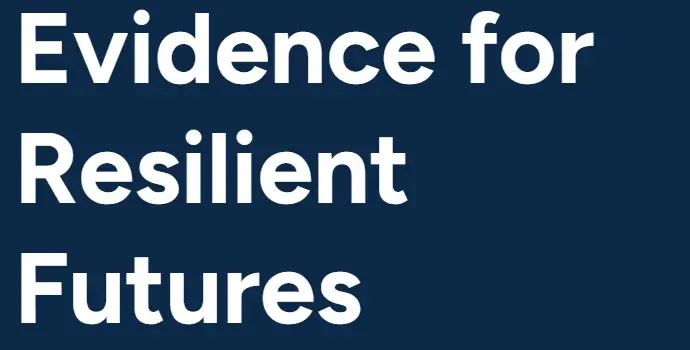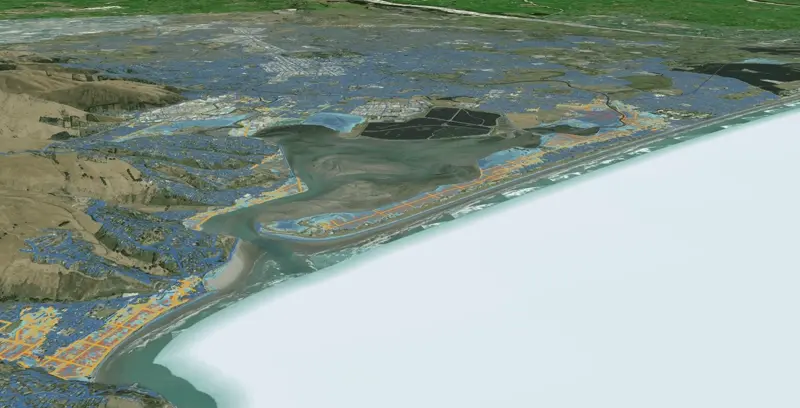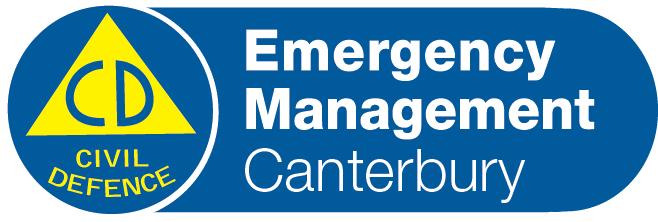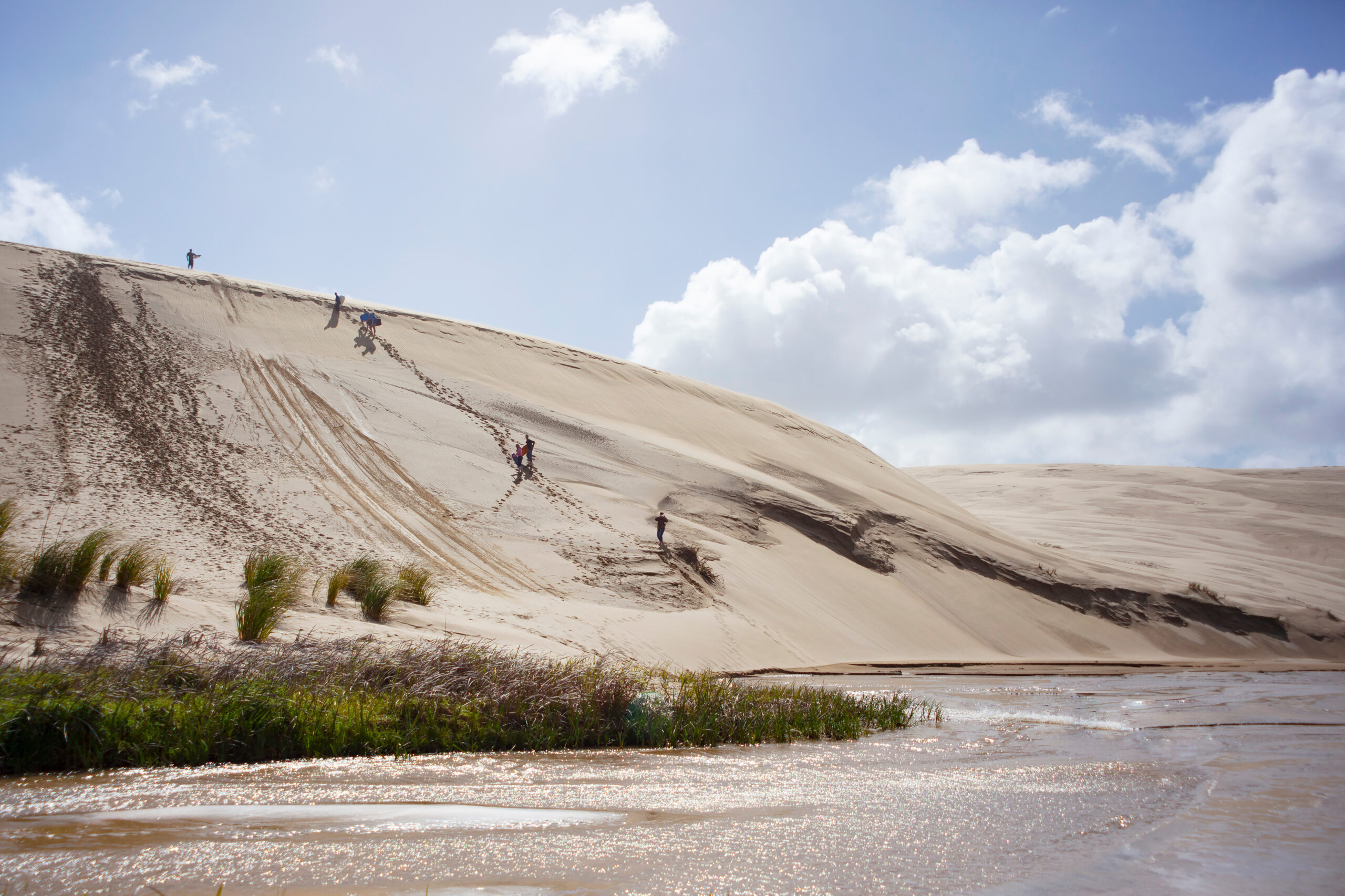

We provide the evidence base for a resilient future.
Proudly partnering with
We provide digital tools, so you have the best available and most up-to-date information at your fingertips.
Our enthusiastic team at Urban Intelligence includes leading researchers and innovators in engineering, social science, and computer science.
We’re redefining the field of resilience and can’t wait to partner or work with you!
Resilience Explorer supports communities and companies navigating climate change.

We’ve built the solution for decision-makers to navigate climate change, plan for future weather events and enhance their organisation’s resilience.
Designed in collaboration with local government, businesses, researchers and iwi, Resilience Explorer provides a consistent and leading information source of risk information that ensures your decisions are aligned with others in the community and based on the best available information.
Resilience Explorer goes beyond traditional static GIS viewers, offering an interactive and continually updated dashboard. We provide a curated evidence base for decision-makers, so you can focus on the decisions that matter.
Accessibility Explorer helps you decide where to live or build your next facility.

- Sustainable: Accessible cities get people out of cars and on their feet – lowering emissions.
- Vibrant: Streets for people, mean that your neighbourhood feels livelier and more personable.
- Healthy: Active transport dramatically improves physical and mental health.
- Resilient: Walkable communities are more likely to support each other after a disaster.
















